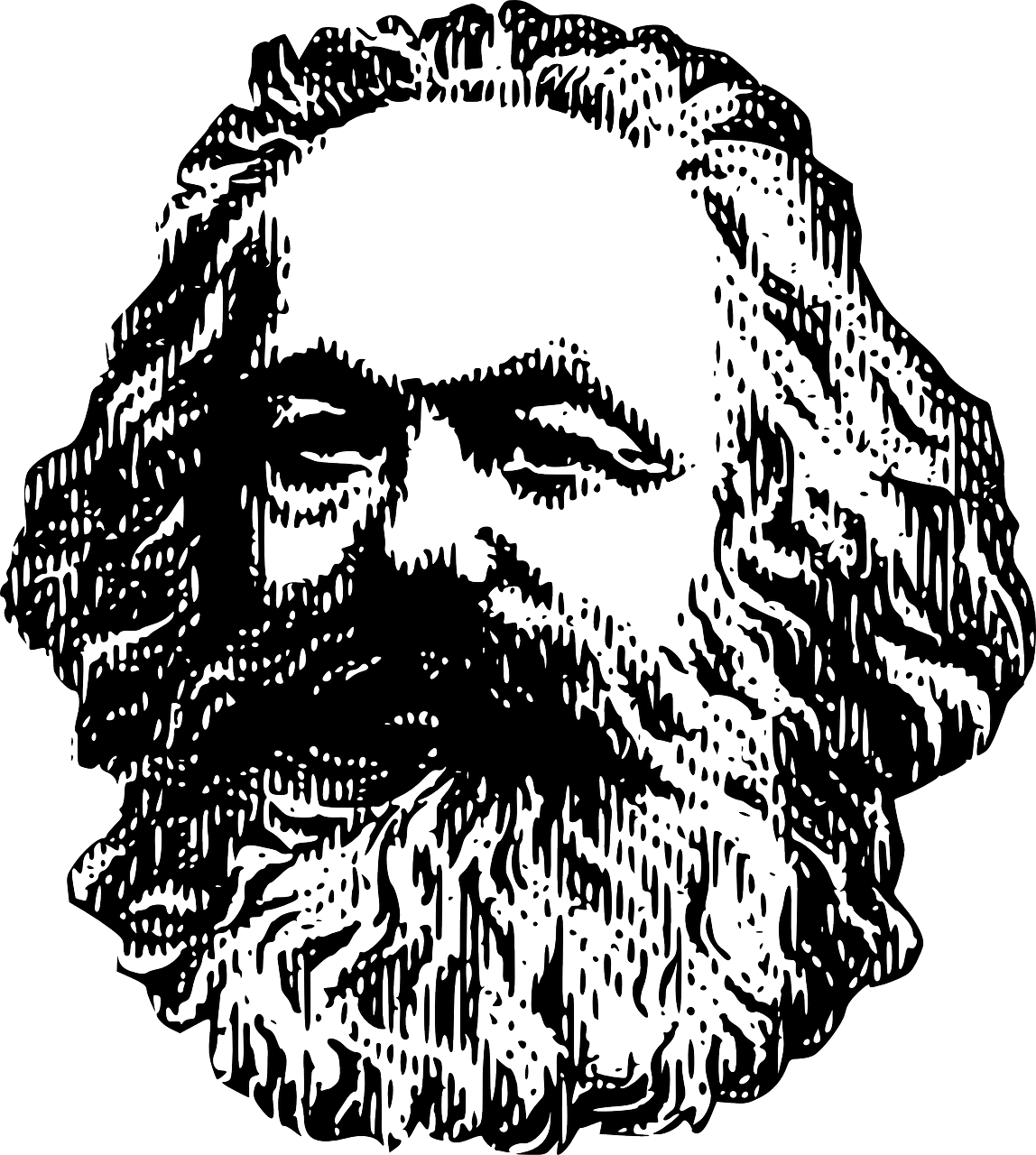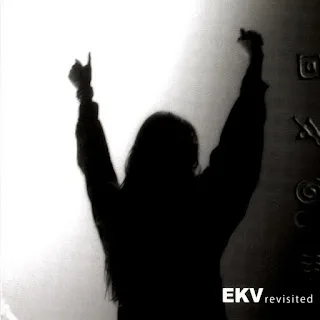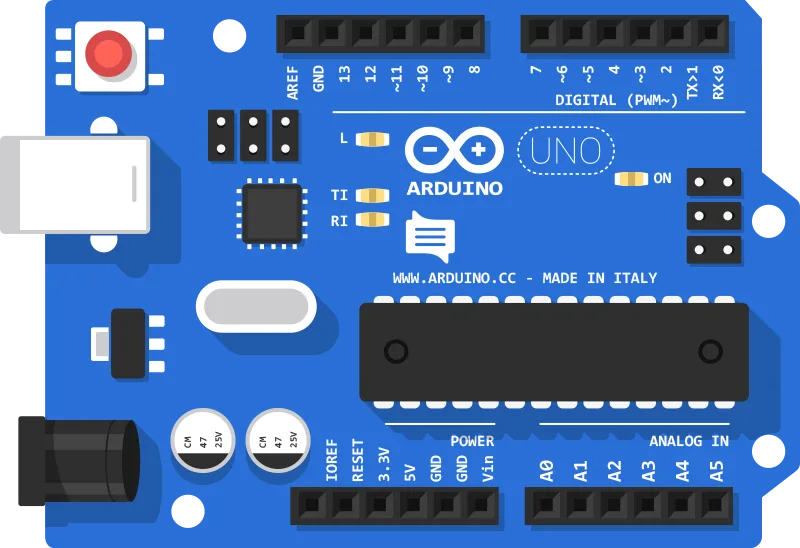In the contemporary landscape of the 21st century, does Karl Marx’s critical analysis of capitalism still hold significance and relevance? Furthermore, is it feasible to engage with Marx’s ideas independently, without the historical baggage of the political movements that forcefully took control of governments in his name? These movements often asserted that they embodied the will of the workers, but did so through the singular authority of the Party. These are profound and complex questions that Marxists must grapple with, as they seek to understand and apply Marx’s theories in today’s world.
Moreover, these questions are equally important for those who are serious advocates of capitalism. They cannot afford to dismiss or overlook Marx’s insights, as doing so would be to ignore a critical perspective on political economy. Marx, more than any other thinker of his time, possessed a deep understanding of the intricacies and issues inherent in the capitalist system. He articulated these problems with remarkable clarity and precision, presenting a robust intellectual challenge to the values that liberal democracies profess to uphold.
Marx’s critique extends beyond the theoretical, as he also highlighted the discrepancies between the ideals that liberal democracies claim to champion and the actual practices they engage in. These practices often involve economic exploitation, the relentless pursuit of rent-seeking behaviors, and the alienating commodification of virtually every aspect of life. This commodification reduces human experiences and relationships to mere transactions, further exacerbating the sense of disconnection and alienation within society. Therefore, a thorough examination of Marx’s ideas remains essential for anyone seeking to understand the complexities of modern political economy and the tensions within liberal democratic systems.
In a video explainer for The School of Life, Alain de Botton succinctly summarizes the conventional view of Communist history as being characterized by “disastrously planned economies and nasty dictatorships.” However, he suggests that despite this, we should consider Karl Marx as a valuable “guide.” De Botton argues that Marx’s critique of capitalism’s flaws can help us steer towards a more hopeful future, specifically a future where capitalism is “reformed.” This perspective is notably different from what a traditional Marxist might propose. De Botton’s video is particularly aimed at skeptics or those who are new to Marx’s ideas and might be open to considering them.
In the video, Marx’s complex theories are distilled into a few relatively uncontroversial points: modern work is often alienating and lacks security, and there is a growing disparity where the wealthy become wealthier while wages decline. These observations have become widely accepted as obvious truths.
More intriguingly, de Botton delves into Marx’s (and Engels’) idea that capitalism is not just harmful to workers, but also to capitalists themselves. This is because capitalism fosters a repressive, patriarchal structure within the nuclear family, leading to tension, oppression, and resentment. Furthermore, the pervasive influence of economic considerations in all areas of life makes relationships feel artificial and constrains people’s lives according to the demands of the job market.
De Botton highlights a subtle yet radical feminist aspect of Marx’s economic critique. He points out that Marx and Engels advocated for a society where both men and women have the continuous option to enjoy leisure time, rather than merely having equal opportunities to sell their labor for equal amounts of insecurity. This interpretation underscores the broader humanistic goals embedded within Marx’s critique of capitalism.

















